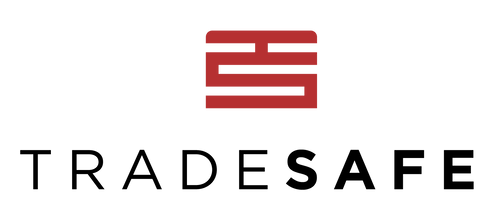
We understand that having jurisdiction is a critical component in ensuring the safety of the workplace. In this article, we will provide you with detailed information on the importance of knowing your authority and how it can help you avoid costly fines, protect your employees, and maintain a safe work environment.
The Importance of Knowing Your Authority
As an employer, it is your responsibility to ensure the safety of your employees. This involves knowing your authority and understanding the rules and regulations that apply to your business. Not knowing your authority can lead to serious consequences, such as fines, penalties, and even legal action.
By knowing your authority, you can take the necessary steps to comply with regulations and avoid potential problems. This includes understanding the federal, state, and local laws that apply to your business, as well as any industry-specific regulations that may be relevant.
Federal Regulations
Federal regulations are established by government agencies such as the Occupational Safety and Health Administration (OSHA) and the Environmental Protection Agency (EPA). These regulations are designed to protect workers and the environment and apply to all businesses across the country.
Some of the most important federal regulations that businesses should be aware of include:
- OSHA standards for workplace safety
- EPA regulations for hazardous waste management
- Department of Transportation (DOT) regulations for the transportation of hazardous materials
- Fair Labor Standards Act (FLSA) regulations for wage and hour requirements
State and Local Regulations
In addition to federal regulations, businesses must also comply with state and local regulations. These regulations can vary widely depending on your location and industry, so it is important to stay up-to-date on the latest requirements.
Some of the most common state and local regulations include:
- Building codes and zoning laws
- Health and safety regulations
- Environmental regulations
- Business licensing and permitting requirements
Employment Laws and Regulations
Finally, many industries have their own specific regulations that must be followed. These regulations are designed to address unique risks and challenges that are common to a particular industry.
Some examples of industry-specific regulations include:
- Food and drug regulations for the food and pharmaceutical industries
- Federal Aviation Administration (FAA) regulations for the aviation industry
- National Highway Traffic Safety Administration (NHTSA) regulations for the automotive industry
- Federal Energy Regulatory Commission (FERC) regulations for the energy industry
Ensuring Compliance
Complying with regulations can be a complex and challenging process, but it is essential to protecting your employees and your business. To ensure compliance, businesses should:
- Stay up-to-date on the latest regulations
- Develop policies and procedures to ensure compliance
- Train employees on the importance of compliance and how to maintain it
- Conduct regular audits to identify areas of non-compliance
- Take corrective action when non-compliance is identified
Knowing your authority is an essential part of ensuring the safety of your workplace and protecting your business from potential penalties and fines. By understanding federal, state, and local regulations, as well as any industry-specific regulations that may apply, you can take the necessary steps to maintain a safe and compliant workplace.
